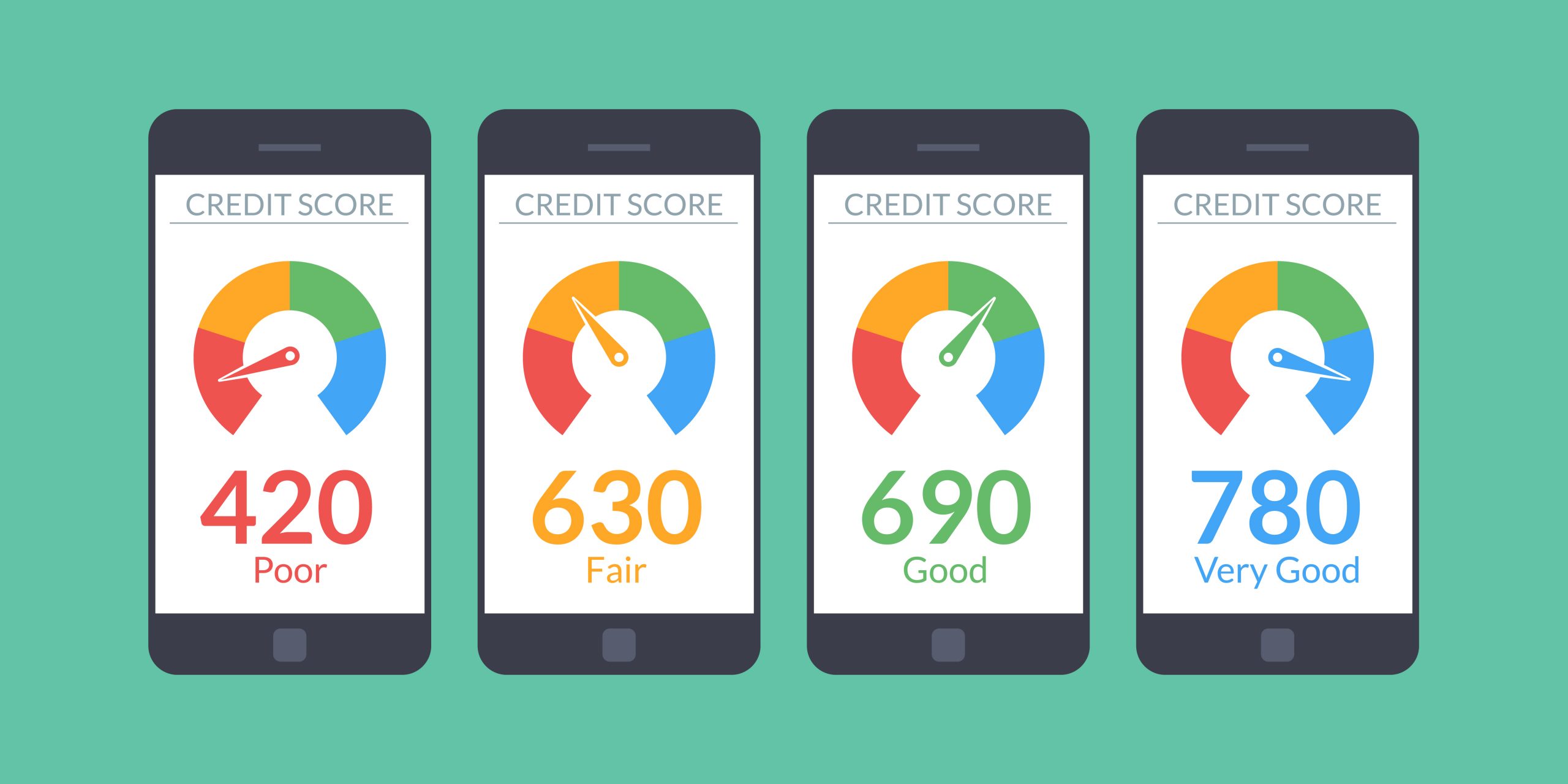Kate Browne
Your twenties are notoriously expensive. Most people are living out of home for the first time,trying to find that elusive balance between paying rent, saving for a home and maintaining a colourful social life, often on casual or graduate wages.
But this is no reason to start forming bad financial behaviours. No matter how busy or broke you are, there are a handful of simple yet effective money habits you can start forming now to ensure you’re financially secure in the future.
Start tracking your spending
The words “I have no idea where my money goes” are heard all too frequently in cocktail bars, at pizza restaurants and during backseat Uber rides. It’s no secret your twenties are a busy time socially filled with nights out, brunches, and barbeques. Then there are the bills and rent which all are going to take a toll on your wallet. It’s easy to lose control of your spending which is why it’s so important to keep track of where all your money goes.
Fortunately there are plenty of apps for that. Budgeting apps like ASIC’s TrackMySPEND can help you to keep on top of your finances and identify any areas where you may need to rein in your spending. And even though it can be confronting knowing when and where to cut back means you’ll rarely be caught out financially and hopefully keep those fingers out of your savings cookie jar!
Save, save, save
At the end of the day, saving is the ultimate money hack. Getting into the habit of saving in your twenties will put you in a better financial position during your thirties and forties. A good place to start is the 80/20 rule. Each time you receive your paycheque, try to put at least 20% of the funds away and don’t touch them. Opening a high interest savings account will see whatever money you put away compound over time, meaning you can maximise your return. Working towards a tangible goal like a house deposit or a business can help to keep you motivated as well. Another tip is that if you get a payrise, bank the difference immediately before you get used to your new salary.

Get your super sorted
It’s easy to fall into the trap of thinking you have endless decades ahead to build up your super. After all, retirement feels like a vague and distant prospect when you’re studying or new to the corporate scene. But this set-and-forget mentality can see your long-term wealth potential seriously compromised, especially if you’re using a dud fund or have multiple super accounts open.
For example, you might still have an unused super account that your previous employer opened for you years ago. Without any funds coming in, your hard-earned savings will start getting gobbled up by fees. Consolidating all your super accounts into a single fund (ideally a top performing one) can end up saving you hundreds of thousands of dollars over the course of your working life. The ATO has an online tracking tool you can use to locate any lost super which is super easy to use.
Learn to say no
The reason it’s so easy to burn through your money is that spending it is so much fun. Dinner with friends, a weekend away or a night at your local bar all scream good times, but saying yes to every single event will really take a toll on your budget. While there’s nothing wrong with having a social life, you shouldn’t have to be constantly dipping into your savings to fund it. Try to allocate a portion of your pay specifically for “fun”. You’ll have to start being more selective about what you attend, but you’ll soon start to see your savings grow.
Managing your money may not feel like the easiest thing in the world, especially when you’re juggling work or study on minimal wages, but a few small changes to the way you spend now can make a huge difference to your financial future.
Build up a good credit score
No one wants to spend their thirties making up for the financial mistakes of their twenties. Maintaining a good credit score means you’ll be viewed more favourably by lenders when applying for a home loan. Keeping out of debt, paying your credit card bills on time and minimising the number of credit applications you make will all contribute to a good credit score. It’s also important to regularly monitor your credit report to make sure all the recorded listings are correct – you don’t want your credit score to be negatively impacted by incorrect information. If you’re unsure about what your score is, there are sites that allow you to check it for free.
If you have a find that you have a default, listing or judgement on your credit file; don’t stress. Clean Credit Specialise in the removing these issues, so that you can remain on top of your financial health.


